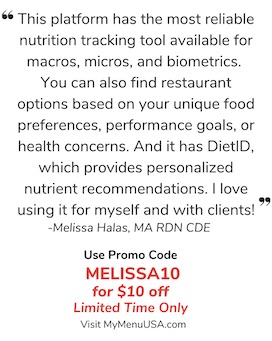
Occasionally when working with parents, dietitians hear “My child eats a lot throughout the day and is still very thin. How can I beef him or her up?”
Here’s my response: First, keep in mind that in some states 1 out of 3 children is overweight or obese. It could be that your child is at a healthy weight for him or her personally. The same weight on one child may appear too thin or too heavy on another child.
At your child’s wellness visits, the physician documents his or her height and weight on a growth chart. If your child is growing on the same growth curve (the percentile is similar as previously documented), your child may be genetically thin. Your child may have a high metabolism or may be very active, but not be necessarily unhealthy.
- Be careful about demanding “clean your plate” after meals or making comments such as “you’re too thin.”
- Bargaining with kids or offering rewards for additional bites can also take the pleasure out of eating and make kids overeat when their bodies may be saying “stop.”
- Remember, children are not adults, so they don’t need to finish adult-size portions.
However, if your child is suddenly dropping weight, talk to your health care provider. It could be that his/her activity level has increased substantially or he/she could be going through a growth spurt. If you’re offering healthy foods, your child is probably able to regulate his/her food intake. If your child is complaining about being hungry, consider trying dried fruit, nuts, or avocado slices as snacks, which will provide him/her with a healthy source of nutrient-dense calories.
It’s also good to be aware when a child consistently shows negative attitudes about food and eating, as this can signal a budding eating disorder. Some key signs of eating disorders, which can begin early in some children, include:
- over-awareness of portion sizes or calorie content
- fear of weight gain, avoidance social gatherings where food is present
- avoidance of certain food groups
Let go of your worries and develop a plan with your child’s pediatrician and your own good mom intuition. Take simple steps to foster healthy a relationship with food in your family. A few suggestions include: cooking with your child in the kitchen, family fun activities or learning about nutrition together.



